BHEF releases new model and case study on education & workforce "Learn and Earn" partnership
Washington, DC (September 30, 2011) — The Business-Higher Education Forum (BHEF) has released a new system dynamics model designed to explore the effect of employer and postsecondary education partnerships, also known as "Learn and Earn" programs, on workforce outcomes, along with a case study describing the project. This innovative model enables users to explore how current workload, desired workforce expansion, and participation in Learn and Earn programs affect workforce composition, employee productivity, and employer benefits, employing a tool rarely used in analyzing education and workforce issues.
To run BHEF’s Metropolitan College Learn and Earn model simulation, visit www.forio.com/simulate/bhef/learnearn
This model is the second system dynamics model introduced by BHEF. The first, BHEF's U.S. STEM Education Model, was developed by the Raytheon Company and donated to BHEF in 2009. It allows users to simulate the impact of various scenarios to determine their potential to increase the number of students who pursue science, technology, engineering, and mathematics (STEM) majors and careers. Early insights from the model include the significance of investing in the first two years of college on increasing the number of STEM majors.
BHEF's Learn and Earn Model is based on the Metropolitan College Learn and Earn Program, an educational partnership founded in 1998 among United Parcel Service, Inc. (UPS), the University of Louisville, Jefferson Community and Technical College (JCTC), the Commonwealth of Kentucky, and Louisville Metro Government. Metropolitan College offers eligible UPS employees access to postsecondary education opportunities through tuition awards and book stipends. Since its inception, this innovative partnership has helped thousands of workers at UPS receive a free education and on-the-job training while dramatically reducing the annual turnover of new hires.
The model is the result of a series of meetings BHEF conducted in the summer of 2010 in Louisville, Kentucky, to analyze how two-year colleges can best contribute to increasing college degree attainment. These workshops were attended by more than two dozen education experts and community college stakeholders from across the country, including several from Louisville.
Read BHEF's Metropolitan College case study describing the program.
The release of this model and case study coincides with the League for Innovation in the Community College’s STEMtech conference, as well as a convening co-hosted by the Teaching Institute for Excellent in STEM (TIES) that focuses on Learn and Earn programs.
This project was undertaken with support from the Bill & Melinda Gates Foundation.
